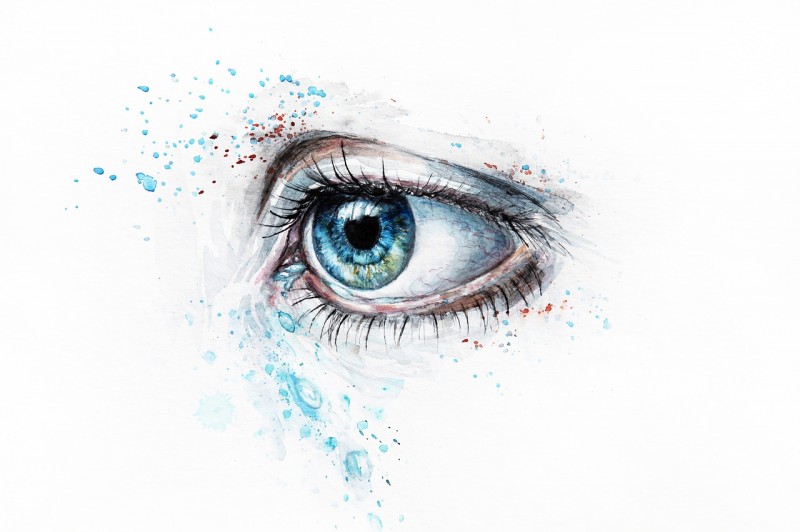Introduction
Emotional, psychological, and social well-being greatly determine human well-being, and a mentally ill person should be treated right. The MHRBs under the Mental Healthcare Act of 2017 continue to be at the forefront of protection of the rights of persons suffering from mental illness. As such, let’s look at their role, composition, and functions to clarify how they promote a diverse mental health system.
What Are Mental Health Review Boards?
MHRBs are quasi judicial authorities that were established by statute to hear complaints and regulate mental health care facilities. They have no other function than to guard the interest of such individuals especially in relation to their care and treatment. These Boards can be viewed as intermediaries between people and mental health facilities ensuring that those facilities are held to account and being fair to patients.
Composition and Functioning
Each Board comprises:
- A District Judge or another person who is a qualified judicial officer must chair the committee.
- Another member of the District Magistrate’s office.
- The first professional is a psychiatrist; the second one is an MP, medical practitioner.
- Two members to represent the caregiver’s or people with mental health issues or NGO working in the mental health sector.
It has contributed to the idea that the Board will be able to address an issue not only from one angle but from many. Board members are appointed for a term of five years or until their 70th year but must remain neutral and dedicated to the board’s work all the time they are serving.
Key Responsibilities
MHRBs perform several critical functions, such as:
- A review of advance directives of mental health care.
- Provide nominated persons for patients who lack capacity.
- A case of examining various incidents that involve complaints of poor health care in mental health facilities.
- Investigating complaints concerning legal compliance of prisons and mental health facilities.
The Boards also consider cases wherein the rights of a particular person are infringed or a decision that the full Boards considers unfair, and provides remedies within 90 days.
Why Are MHRBs Important?
MHRBs enable development through providing people with an opportunity to make a complaint and fight for their rights. These principles focus on issues of openness, equity and density of persons with mental disorders. And they ensure stakeholder engagement and cooperation with regards to the state of mental health.
The Bottom Line
Mental Health Review Boards are very important in ensuring that justice and compassion reigns in the mental health system. Through asserting accountability, watching over individual rights and handling grievances they provide safe room for those suffering from mental ailments. They build trust, openness, and participation that ensure that equal access to good mental health services is facilitated. They are crucial in trying to create a positive, healthy ecosystem for mental health care for all of us.
Are you passionate about mental health advocacy? Contribute to our Health Review Board - Write Us Health section to share your valuable insights and experiences. Together, we can make a difference!















